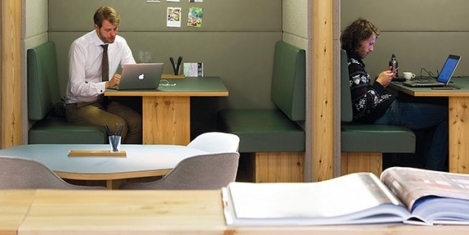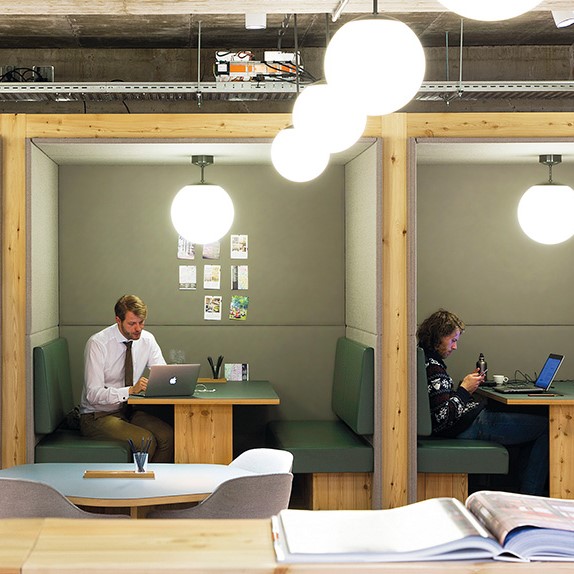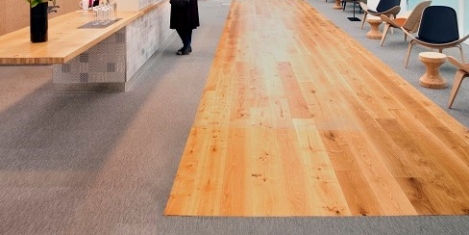June 26, 2019
Jobs upheaval as world adapts to era of automation
A new report from the Economist Intelligence Unit and UiPath claims that organisations around the world currently making extensive use of automation technologies, with 67 percent of UK business executives claiming to be satisfied satisfied with the results of their automation initiatives, 48 percent describing their organisation’s progress with automation as advanced, and 73 percent expecting their company’s operating costs to improve as a result of automating business processes. It is published on the same day as another report suggests that up to 20 million manufacturing jobs could be lost to robots across the world’s leading economies by 2030, replaced by a range of new jobs. (more…)








 Hong Kong Central and London’s West End held onto their top spots in a ranking of the most expensive office market locations in the world at $322 and $220.70 per sq. ft. per year respectively according to the latest
Hong Kong Central and London’s West End held onto their top spots in a ranking of the most expensive office market locations in the world at $322 and $220.70 per sq. ft. per year respectively according to the latest 






 An emerging super-group of employees and consumers in the UK is adding intense pressure to already challenged C-suite leaders who are navigating tough economic, technological and geo-political environments – further threatening company growth, a new Accenture (NYSE: ACN) study finds. With nearly three-quarters (73 percent) of these powerful stakeholders believing they have the potential to destroy company value in the long term, the C-suite understands the need to respond.
An emerging super-group of employees and consumers in the UK is adding intense pressure to already challenged C-suite leaders who are navigating tough economic, technological and geo-political environments – further threatening company growth, a new Accenture (NYSE: ACN) study finds. With nearly three-quarters (73 percent) of these powerful stakeholders believing they have the potential to destroy company value in the long term, the C-suite understands the need to respond. 


















June 20, 2019
The case for a shorter working week
by Shainaz Firfiray • Comment, Wellbeing